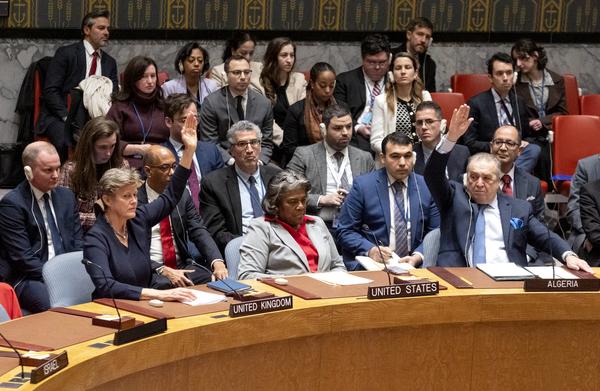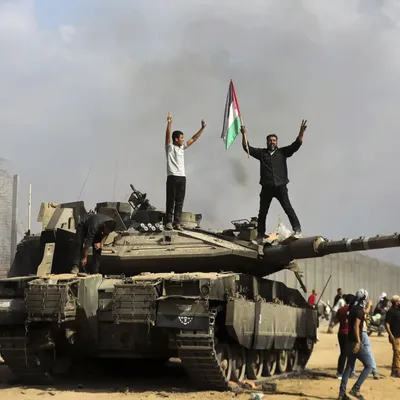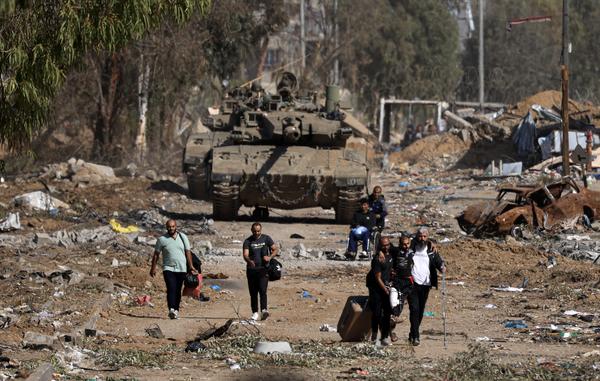Introduction
The conflict between Israel and Gaza has seen numerous ceasefire attempts since the escalation on October 7, 2023. These efforts have involved multiple international actors, proposed various terms, and faced significant challenges. This article delves into the details of each ceasefire attempt, the proposals made, and the reasons behind their acceptance or rejection.
The Escalation: October 7, 2023
The current conflict began with a severe attack by Hamas on southern Israel, resulting in over 1,200 Israeli deaths and approximately 250 hostages taken. Israel's military response has led to significant casualties and destruction in Gaza, with over 32,000 Palestinians killed and widespread displacement.
First Ceasefire Attempt: Immediate Humanitarian Pause
In the early stages of the conflict, the United Nations Security Council (UNSC) proposed an immediate humanitarian pause to facilitate aid delivery and reduce civilian casualties. However, this attempt was vetoed by the United States, which cited concerns that it might hinder ongoing negotiations for a more comprehensive truce.
Second Attempt: Temporary Ceasefire for Ramadan
As the holy month of Ramadan approached, the UNSC put forth a resolution demanding a temporary ceasefire for the duration of Ramadan. This proposal aimed to ensure humanitarian aid access and the release of hostages. Despite broad support, the resolution was initially blocked by vetoes from China and Russia, who found the terms insufficient and ambiguous.
Third Attempt: Comprehensive Ceasefire and Hostage Release
A subsequent attempt focused on a more comprehensive ceasefire that included conditions for the release of all hostages and an immediate halt to hostilities. The United States again vetoed this proposal, arguing that it could complicate negotiations for a longer-term peace agreement. This veto was part of a broader strategy to secure a more stable and enforceable truce.
Fourth Attempt: Broad International Support
Despite previous failures, the UNSC continued to push for a resolution, gaining significant international backing. This version called for an immediate and unconditional ceasefire, emphasizing the need for humanitarian aid and the protection of civilians. The resolution finally passed with 14 votes in favor and one abstention from the United States, marking a critical moment in international diplomatic efforts.
Challenges and Rejections
US Vetoes and Strategic Concerns
The United States' vetoes have been a significant barrier to earlier ceasefire attempts. The primary reason for these vetoes has been concerns over disrupting ongoing negotiations aimed at achieving a longer-term peace. The US has also emphasized the need for any ceasefire to include robust mechanisms to prevent future hostilities and ensure the safety of Israeli citizens.
Hamas' Stance on Ceasefire Terms
Hamas has been willing to engage in ceasefire negotiations but has rejected proposals that they perceive as one-sided or insufficient. Key points of contention have included demands for the complete withdrawal of Israeli forces from Gaza and the unconditional release of Palestinian prisoners held in Israel. These demands have often been seen as unrealistic by Israel and its allies, further complicating negotiations.
International Community's Role
The international community, including countries like Egypt and Qatar, has played a crucial role in mediating and facilitating ceasefire talks. Despite their efforts, achieving a durable ceasefire has remained elusive due to the deeply entrenched positions of both Israel and Hamas. The ongoing humanitarian crisis in Gaza has added urgency to these efforts, with many nations calling for immediate action to alleviate civilian suffering.
Current Status and Future Prospects
As of the latest developments, the UNSC has successfully passed a resolution demanding an immediate ceasefire, which includes provisions for humanitarian aid and the release of hostages. However, the implementation of this resolution remains uncertain, with both sides expressing reservations about the terms and conditions. Continued diplomatic efforts are essential to bridge the gaps and secure a lasting peace.
FAQs
What prompted the latest conflict between Israel and Gaza?
The conflict escalated dramatically on October 7, 2023, when Hamas launched a massive attack on southern Israel, resulting in significant casualties and hostages taken.
What were the main reasons behind the US vetoes on ceasefire resolutions?
The US vetoed several ceasefire resolutions due to concerns that they might interfere with ongoing negotiations aimed at achieving a longer-term peace and addressing security concerns for Israel.
What are the key terms Hamas demands in ceasefire negotiations?
Hamas has demanded the complete withdrawal of Israeli forces from Gaza and the unconditional release of Palestinian prisoners held in Israel, which Israel and its allies have found difficult to agree to.
How has the international community responded to the conflict?
The international community, including the UN and countries like Egypt and Qatar, has been actively involved in mediating ceasefire talks and providing humanitarian aid to alleviate the crisis in Gaza.
What is the current status of the ceasefire efforts?
The UNSC has passed a resolution demanding an immediate ceasefire, but its implementation is uncertain, with both sides expressing reservations about the terms.
What are the prospects for a lasting peace between Israel and Gaza?
Achieving a lasting peace will require continued diplomatic efforts, compromise from both sides, and robust mechanisms to ensure security and humanitarian needs are met.
Conclusion
The ongoing conflict between Israel and Gaza has seen multiple ceasefire attempts, each facing significant challenges and rejections. The international community's persistent efforts have led to some progress, but a lasting and enforceable peace remains a complex and elusive goal. Continued dialogue, negotiation, and humanitarian focus are essential to resolve this long-standing conflict.
💔 Donate to Support Gaza's Children
Your donation can make a significant difference in the lives of children affected by the crisis in Gaza. Donate now via Bitcoin or Stripe to provide essential aid and support.
Donate Now


